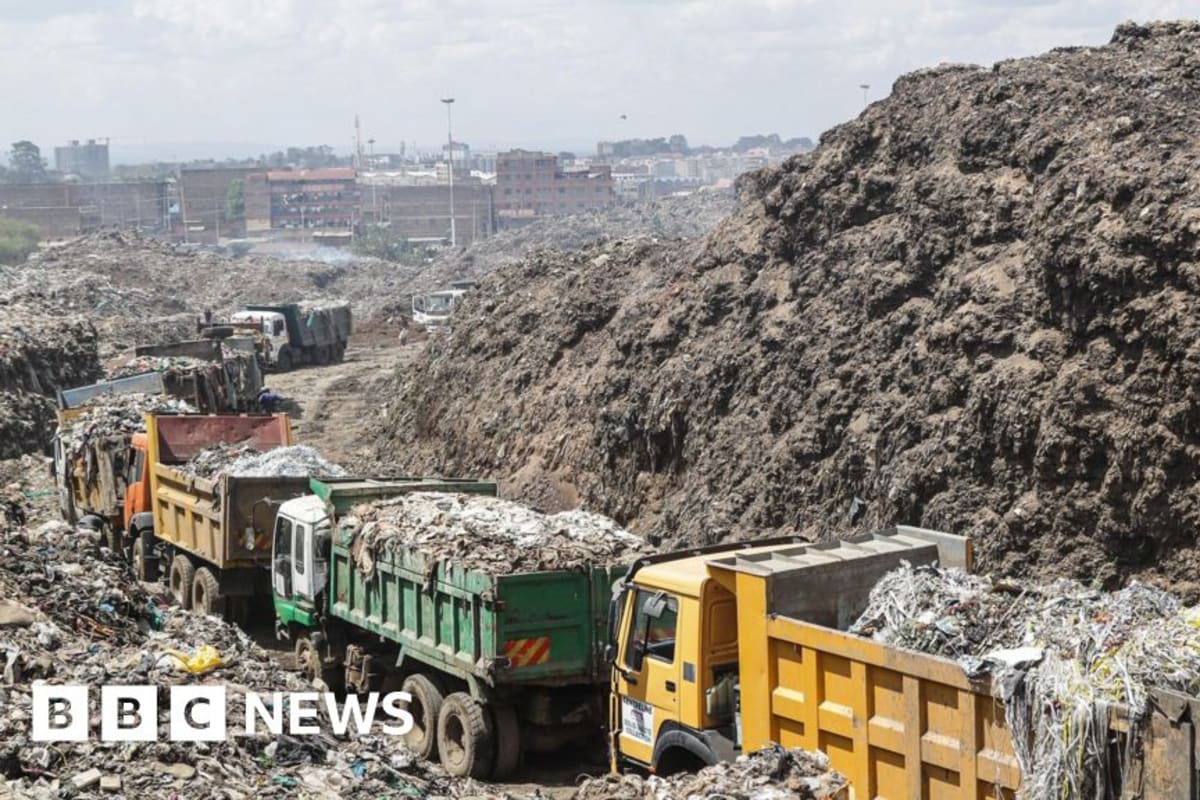Global Plastic Talks Fail: Deep Divisions Stall Progress

Global Plastic Treaty Negotiations Collapse The latest round of United Nations-led negotiations aimed at creating a global treaty to address plastic pollution ended in deadlock on August 15th, 2025 The failure underscores the deep divisions among nations regarding the production, use, and disposal of plastics, leaving the future of a comprehensive international agreement uncertain : The Urgent Need for a Global Plastic Treaty The sheer volume of plastic waste accumulating globally presents a significant environmental challenge Plastics pollute oceans, harm wildlife, and contribute to climate change
Background
Existing national efforts are insufficient to tackle this transnational problem, highlighting the need for a coordinated international response The UN talks aimed to establish a legally binding treaty to address this crisis through measures targeting plastic production, recycling infrastructure, and waste management The Key Points of Contention Negotiations faltered primarily over two key issues: plastic production and financial support for developing nations Developed nations pushed for ambitious targets to reduce plastic production, while many developing countries argued that such measures could hinder their economic growth These nations also demanded significant financial and technological assistance from wealthier nations to support the implementation of effective recycling programs and waste management strategies The lack of consensus on these points led to the collapse of the talks Another significant point of contention involved the scope and enforceability of the treaty Disagreements arose on the extent to which the treaty should regulate various types of plastics, and the mechanisms for ensuring compliance by signatory nations Furthermore, disputes arose on the responsibility of different actors, including corporations, governments, and individuals in tackling the global plastic crisis Implications for Southeast Asia The failure of the UN talks carries significant implications for Southeast Asian nations, which are heavily impacted by plastic pollution Many Southeast Asian countries rely on tourism and fisheries, both of which are severely affected by plastic waste The lack of a strong international agreement complicates their efforts to manage plastic waste effectively The region needs concerted international cooperation to bolster its capacity for recycling and waste management, and substantial financial and technical support from developed nations will be critical to achieving this What's Next The UN has indicated its intention to continue the negotiations However, the deep-seated disagreements suggest a protracted and difficult path towards a global treaty
The coming months will likely see renewed efforts at diplomacy to bridge the gap between developed and developing nations Success will require a commitment to compromise and a willingness to address concerns surrounding economic development and equitable distribution of resources Without a global treaty, individual countries will need to intensify their national efforts to mitigate the impact of plastic pollution, though this approach may prove less effective than a coordinated international strategy Call to Action Increased pressure on governments to prioritize a global plastic treaty Support for initiatives promoting sustainable alternatives to plastics in Southeast Asia Greater public awareness of the impact of plastic pollution
